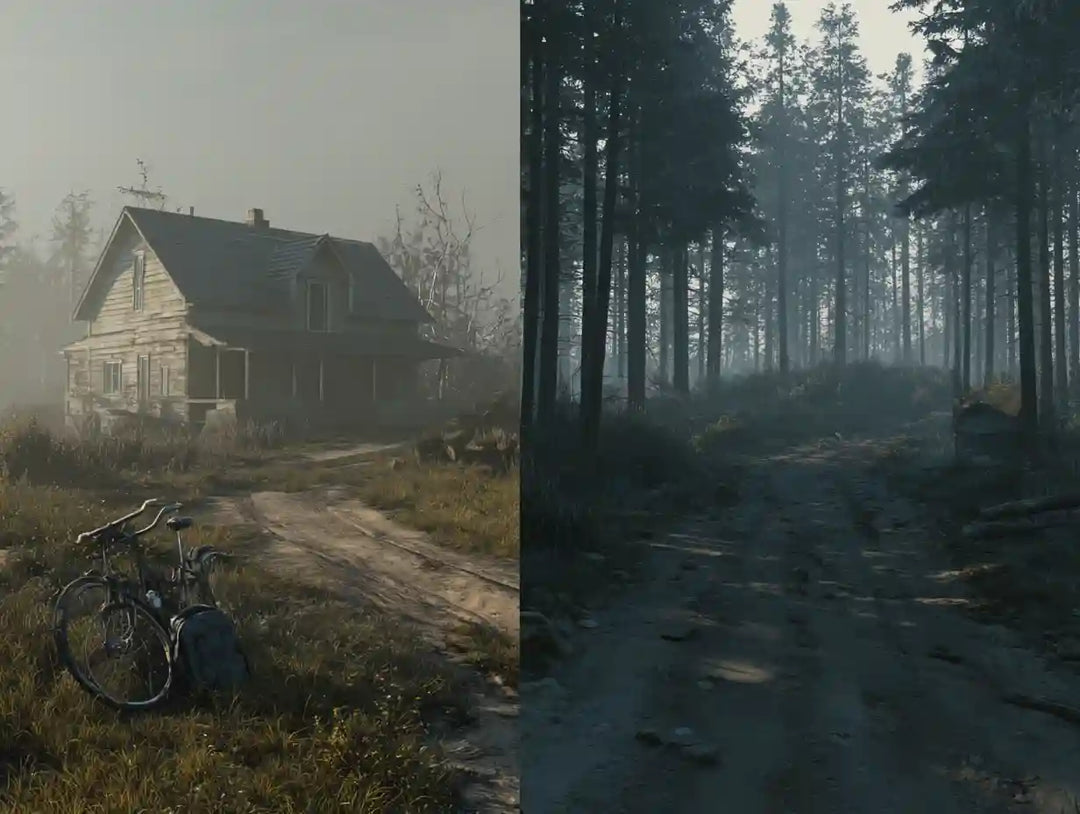Fiction can change the way people see the world.
This happens through characters. Authors build characters to reflect their own lived experiences. Readers connect with these characters. For many, it influences their views of social issues.
Why does this matter? Because many people don’t have direct experience with marginalized communities. A Pew Research Center study found that more than 55% of Americans don’t personally know someone who is transgender, while about 75% don’t know anyone who is non-binary. Fiction gives those who are unsure or uninformed a way in. It introduces them to experiences outside their own.
True crime and crime fiction, generally, have a poor track record with transgender representation. Many early portrayals reduced trans characters to punchlines or molded them into harmful stereotypes. These tropes shaped public perception of the trans community at a time when real-life visibility of transgender individuals was practically nonexistent.
Crime novels featuring trans protagonists have changed this pattern. New authors have entered the space and built authentic characters drawn from their own experiences as transgender individuals. Books by writers like Renee James and Dharma Kelleher introduced readers to developed, realistic transgender characters who are compelling, complex, and human. Readers responded to this shift positively, gaining newfound empathy and understanding.
A better understanding of marginalized communities often leads to shifts in cultural perceptions over time.
The main challenge comes from lack of exposure. If you don’t know someone directly from a marginalized group, your views may rely heavily on what you see on TV or in books. Fiction helps bridge this gap by showing a range of experiences that readers might not encounter otherwise. If you're looking for ways to broaden your understanding or keep a fresh perspective, engaging through other mediums—such as a challenging murder mystery game—could be a great next step.
Yet crime writers in the past missed the balance. Many fell into outdated assumptions or relied on stereotypes for story structure. You’ve likely seen it before—trans women cast as murder victims or mentally ill villains. These tropes not only dehumanized marginalized characters, but also framed them as "others" in criminal contexts. Readers internalized these ideas, often without realizing.
How do we fix this?
New fiction is already leading the charge. More authors are focusing on underrepresented groups and offering readers grounded, real-world stories. These authors use sensitivity readers or draw on their own lived experiences. The result is more informed character development.
Characters like Erin McCabe are examples of this shift. Erin, the protagonist in four legal thrillers, is a transgender criminal defense attorney. She is written by a trans woman who is also a practicing lawyer. Readers experience Erin's professional and personal struggles, successes, and fears. Multiple reviewers remarked on how Erin challenged their preconceived ideas of what it means to be transgender.
For example:
- A reader stated that they knew virtually nothing about being transgender before reading, but Erin’s story helped them gain newfound awareness.
- Another reviewer, who had been unfamiliar with the subject, expressed gratitude for the insight into appropriate language and the legal struggles that transgender people face.
- One reader shared how Erin helped them reconsider misconceptions and better understand the humanity behind the characters.
Not all responses are positive. There are still readers who disengage once they discover a trans protagonist. Some negative reviews focus on the character’s gender identity more than the plot. These reactions highlight a wider societal issue—resistance to learning about perspectives outside one’s own comfort zone.
But the feedback overwhelmingly suggests that many people, when exposed to transgender characters written with care and authenticity, walk away with their eyes opened.
How does this tie into murder mystery games and cold case file games?
You love true crime because it explores motive, clever plotting, and the solving of a puzzle. Much like a well-written character, a good mystery adds layers of complexity to a story, prompting deeper thinking and engagement with the material. Your favorite cold case file games do the same—each clue reveals a new facet of the puzzle, demanding the player grapple with different perspectives.
When your understanding of a character deepens, so does your understanding of the narrative. By incorporating true crime elements into murder mystery games, you can connect more personally with what drives people to make decisions—good or bad.
When planning your next game night, keep this in mind: fictional characters often reveal more about us than they do about themselves. That experience of discovery is part of what makes the mystery so captivating. Perhaps try hosting a mystery using our murder mystery themes to add that element of surprise.
Playing one of our murder mystery or cold case file games isn’t just about solving the crime. It's about understanding the motives behind it. It can mirror real-world perceptions and challenge long-held beliefs.
Consider letting one of our murder mysteries be your next challenge.
Our mysteries, just like a great novel, aren’t purely about the plot. They're about how the characters shape your understanding of the world.







